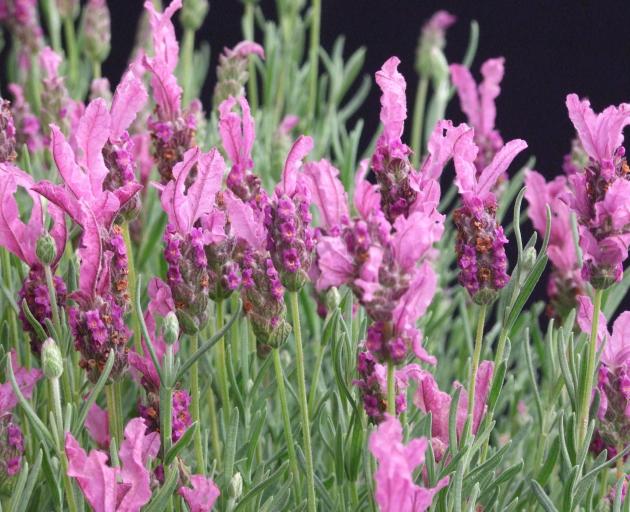

Obviously, George wasn’t thinking of getting celery seedlings planted out or rushing to get parsnips sown because they need about 20 weeks from seed sowing to be mature enough to eat in winter.
Yet, everything seems to be urgent in late December, so the garden goes to the bottom of the list, apart from dashing out to grab a lettuce for a salad or digging new spuds.
Hand-washing and mask-wearing have been the focus of preventing the spread of Covid-19 but they are essential for gardeners, too. The news of cases of legionnaires’ disease (legionellosis) in the North Island last month is a sobering reminder that wearing a mask and gloves is essential when handling potting mix, compost and soil. Legionnaires’ disease can kill and even mild cases cause unpleasant, flu-like symptoms.

Obviously, hand-washing is important after doing any garden tasks, while to reduce the likelihood of hay fever, wash your face, too, as pollen grains stick to the skin.
Getting away for a break is great and most gardens can fend for themselves to a certain extent in normal southern summers. However, the long-range prediction is for a hot, dry period ahead, the scientists’ data reinforced by the extraordinarily prolific flowering of ti kouka (cabbage trees) this season. Assuming these two harbingers of heat are correct, here are some ways to look after the garden if you’re going to be away.
First, cut the lawns, as nothing advertises a vacant house more clearly than unkempt grass. The good news is that, in hot weather, there won’t be much growth so a short cut may mean the grass will look OK for a couple of weeks.
Get a neighbour or friend to harvest vegetables, tomatoes and other fruit while you are away. Not only does it prevent food being wasted, it also helps the likes of courgettes continuing to crop over a longer period. They may be prepared to do some watering if needed. There’s an added advantage — the security of having someone come in to check your property.

Those who are older or who have disabilities often find raised beds a boon, as they reduce the need for the gardener to bend. Filled with top-class soil and/or compost, these beds will yield better vegetables. The drawback over summer is because they drain better than conventional gardens, watering will be needed if plants are to be kept from bolting and going to seed, producing woody cores in root vegetables such as carrots and beetroots, very hot-tasting radishes and rocket, or poor spinach crops.

In the flower garden, dahlias are enjoying a resurgence and make excellent displays until autumn frosts kill them off. It is too late to plant tubers now but keep an eye out for dahlia shows, the best place to see what colours, sizes and shapes are available.

Weeds will be growing at speed, so if you haven’t time to do more, just nip off the flowers before they can throw seed around the garden. It makes the livin’ easy in summertime.
I wish readers a blessed Christmas, good health and a relaxing, stress-free summer.











